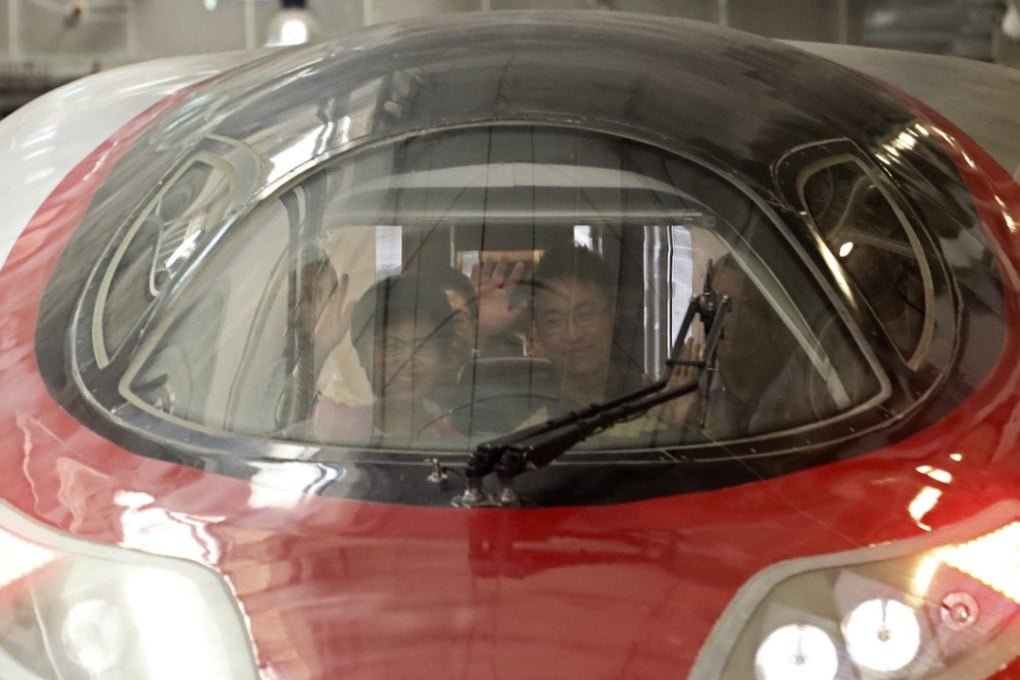Tables turned as ‘aggressive’ deal on joint checkpoint in Hong Kong forged
Alternatives cast aside in favour of giving mainland officers strong powers

Eight years ago, a number of pan-democratic lawmakers were slammed by the government for asking the same question many times during a marathon Finance Committee meeting to scrutinise funding for the cross-border express rail link.
“The Basic Law has banned Hong Kong from implementing a co-location arrangement which allows Chinese Communist Party officers to enforce mainland laws in Hong Kong. This is crystal clear,” said then Civic Party lawmaker Margaret Ng Ngoi-yee, a barrister who opposed the funding.
She was joined by colleague Ronny Tong Ka-wah, who argued it was constitutionally impossible to set up such a joint checkpoint in the city centre.
“I hope the secretary [for transport and housing] will stop misleading Hongkongers,” Tong, a senior counsel, said.